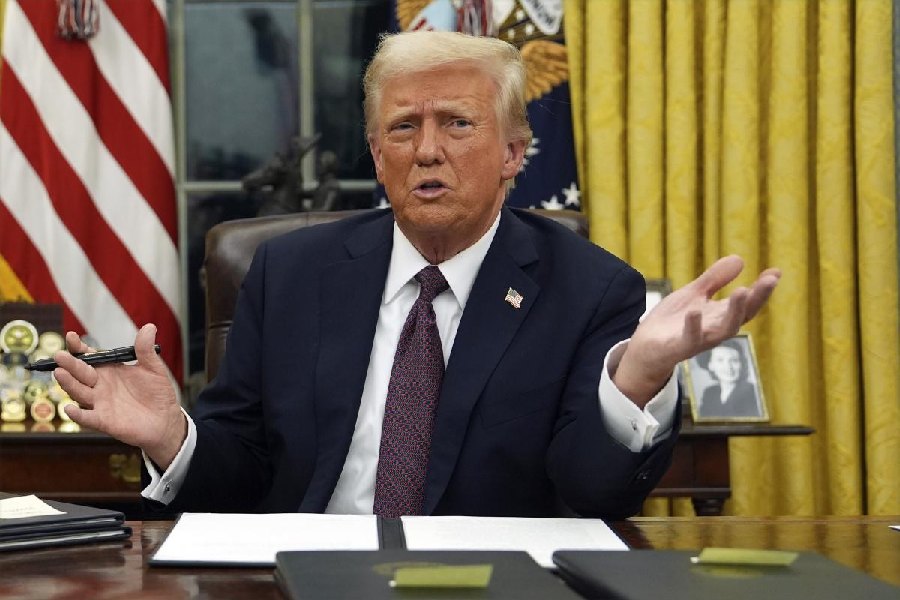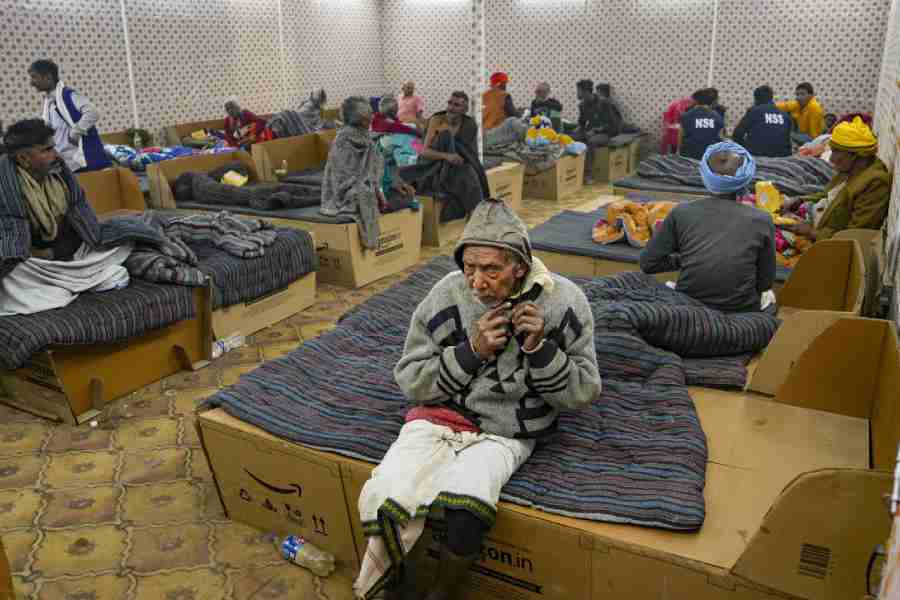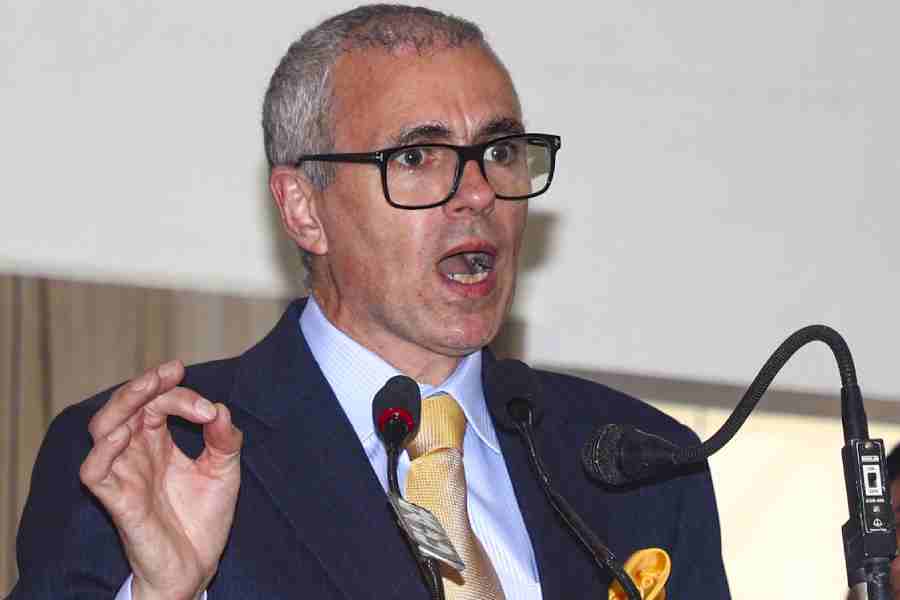Suited diplomats seated across a table, eyes focused on each other, engaged in tense, give-and-take talks to shape relations between their countries — this is the dominant image of geopolitical negotiations. Yet, at a time when the world is battered by a series of seemingly endless wars, from Ukraine to Gaza, and rising tensions in hotspots, such as the Indo-Pacific, nations and their leaders would do well to look at an alternative history of diplomacy that remains alive and relevant. It is an approach where saunas and scholarships, pandas and ping pong, and mangoes and music have helped break the ice and seal critical deals. The embassies and consulates of Finland have saunas where diplomats, politicians and other influential individuals of the host country are invited. In Washington and other capitals, invitations to Finnish diplomatic saunas are highly sought-after. Guests strip down and talk in bathrobes or naked: it helps that no one knows if the diplomats are sweating because of the heat or the content of the conversation. But it appears to work. Through the Cold War and until recently, Finland managed to maintain an enviable position as a neutral nation in Europe.
Across the Atlantic Ocean, the United States of America might wield the greatest military firepower in the history of humankind but it has also made use of softer weapons with great success. Through programmes like the Fulbright scholarship initiative, thousands of young scholars from other nations have been exposed to American universities and culture. In the 1960s and the 1970s, when the war in Vietnam and the civil rights movement meant that the US’s reputation had taken a hit globally, the US state department coordinated tours by jazz legends like Duke Ellington, Dizzy Gillespie and Louis Armstrong to developing nations to build bridges. Again, in 1971, American and Chinese table tennis teams visited each other in carefully planned steps that paved the way for the normalisation of relations between two countries that did not recognise each other until then. China has, over the decades, also gifted and leased dozens of giant pandas to other countries as a goodwill gesture.
Closer home, India and its South Asian neighbours have their own traditions of unconventional diplomacy. India has for decades offered scholarships to students from developing nations, earning friends, including many who have come to power in their respective nations. Then, there are instances of India and Pakistan exchanging mangoes and cricket match invitations to try and ease immediate tensions on several occasions. The 2011 cricket World Cup semi-final, for instance, was watched by the then prime ministers of India and Pakistan, Manmohan Singh and Yusuf Raza Gilani, respectively. The former Bangladesh prime minister, Sheikh Hasina Wazed, often brought gifts of the delicious hilsa for her hosts while visiting India.
The potency of soft power and the human touch in the history of diplomatic relationships cannot be undermined. As New Delhi grapples with a region full of uneasy or hostile relationships, it might want to look at its soft power toolkit to see if there is an ‘edible diplomat’ it can deploy.










